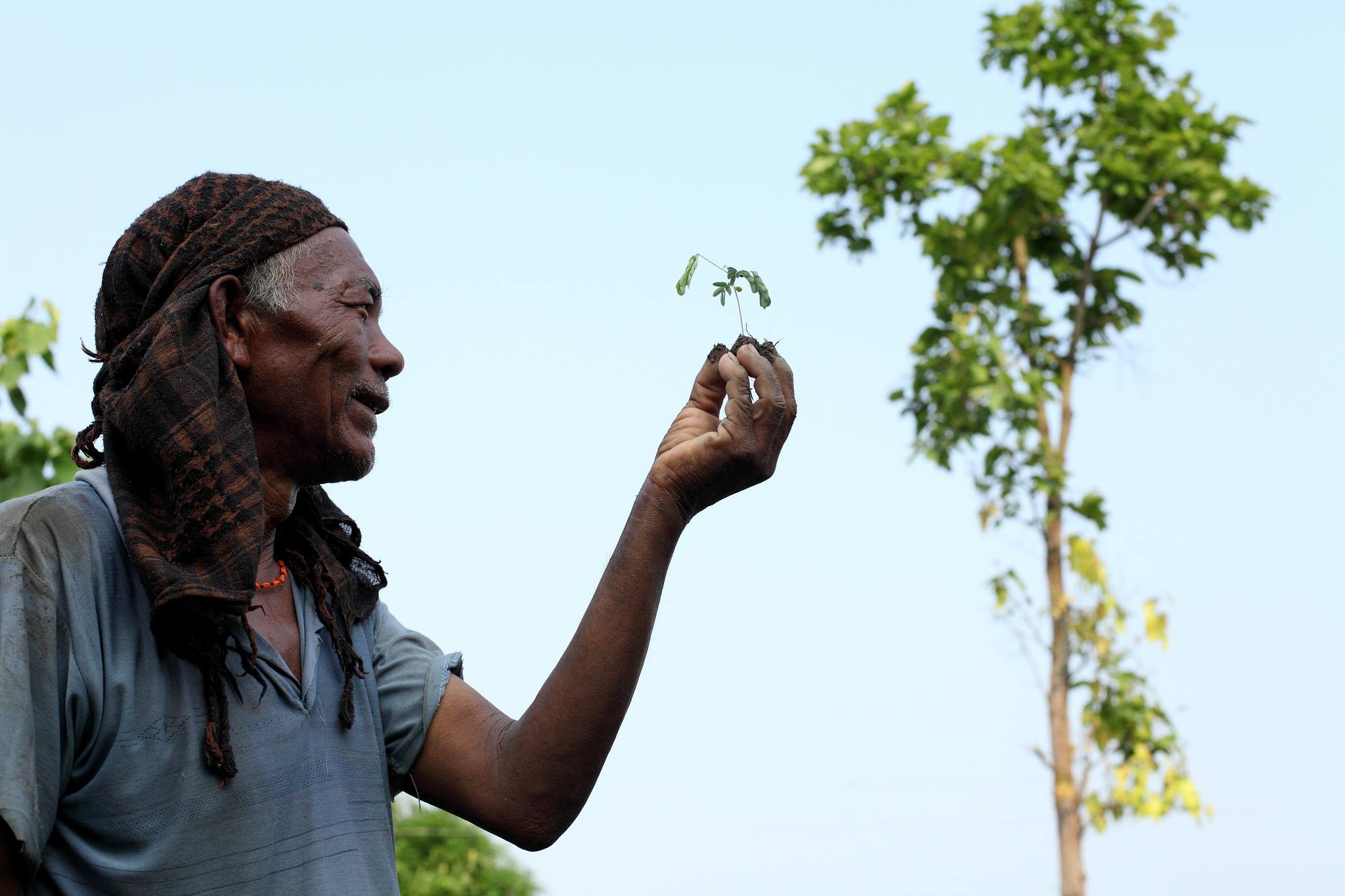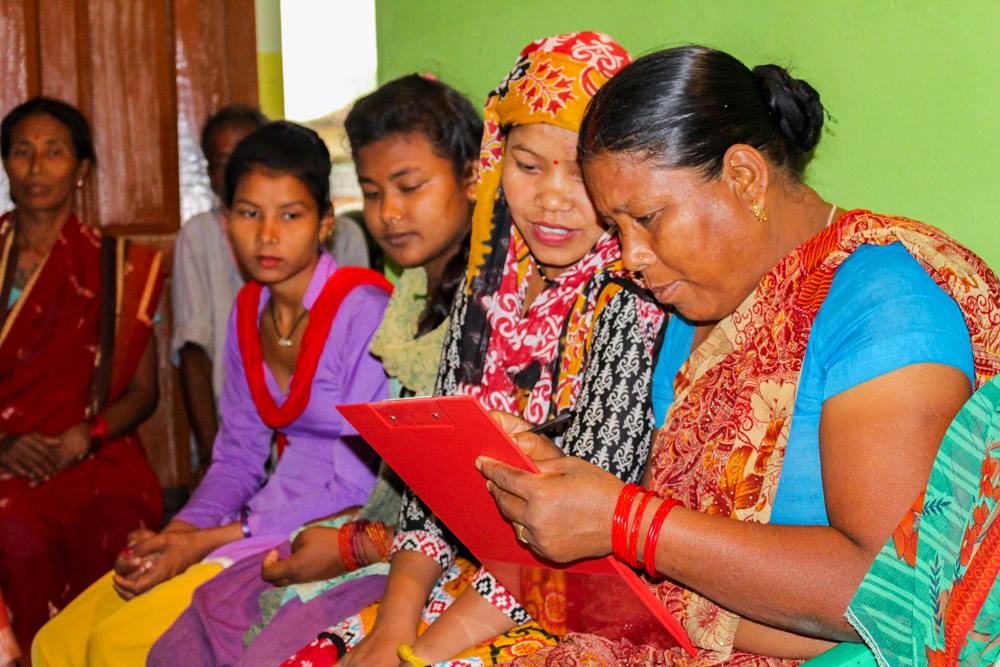WCN is working towards addressing issues of climate change, its adaptation and mitigation measures in Nepal through forest-based initiations. WCN has been conducting sustainable livelihood programs for the marginalized communities who live near the forests so that the benefits reach out to the poorest segments of our society that depend upon natural resources for their livelihood.
1. Growing Forests
In recent years forests in Nepal are under major degradation due to rampant deforestation and forest fires. In addition to this climate change induced disasters have also resulted in a sharp decline of forests. Habitats are destroyed, flora and fauna are decreasing in number and forest productivity is reduced. It is of paramount importance that forests are conserved so that it not only balances our climate but will also benefit the forest dependent communities economically. Conserving forest will help maintain natural carbon sink that will soak up carbon emitted from burning fuels.
WCN aims in creating suitable habitat for wild fauna and provide a valuable natural source to economically benefit the local communities. WCN focuses on systematic afforestation and plantation of multipurpose trees in unused and degraded areas of the community forests and public areas. It supports communities in developing their forest management plans. WCN provides technical guidance and facilitation for the implementation of forest nurseries.
Sustainable management of forests with regards to high value non timber forest products remain largely unexplored. Likewise, very few are benefiting from agroforestry systems. Agroforestry initiatives have not only brought about economic returns but have also provided many environmental (e.g. biodiversity conservation, land rehabilitation, control of soil loss and environmental degradation) and social benefits. WCN believes in the promotion of agroforestry systems and sustainable forest management which not only adds values in the Gross Domestic Product (GDP), but also helps the country achieve its Sustainable Development Goals (SDGs) directly on Climate Action (13) and Life on Land (15).
Through this program WCN aims to develop and implement agroforestry modules for forest dependent communities so that forests are conserved and the communities become more climate resilient while at the same time generate local income opportunities to enhance socio-economic development.
2. Climate Smart Communities
Climate Smart communities is a program by WCN that is developed to build smart communities who are well aware of climate change and its impacts. Awareness through posters, videos and interactive hands on workshops, policy level discourse is an effective medium which WCN has adopted. As a result of which WCN is able to generate awareness on climate change and its adversities and increase climate literacy in rural and urban settings of Nepal.
WCN also partners with different stakeholders to design and implement energy efficient green technologies. WCN’s prime focus is on promotion of cost effective renewable and efficient energy support in economic growth, secures clean air, maintains forest and is environmentally sustainable. For the past years WCN is promoting sensitization of the local community on the significant impact of clean energy and installation of Improved Cooking Stoves, Biogas and rain water harvesting in across Nepal.



